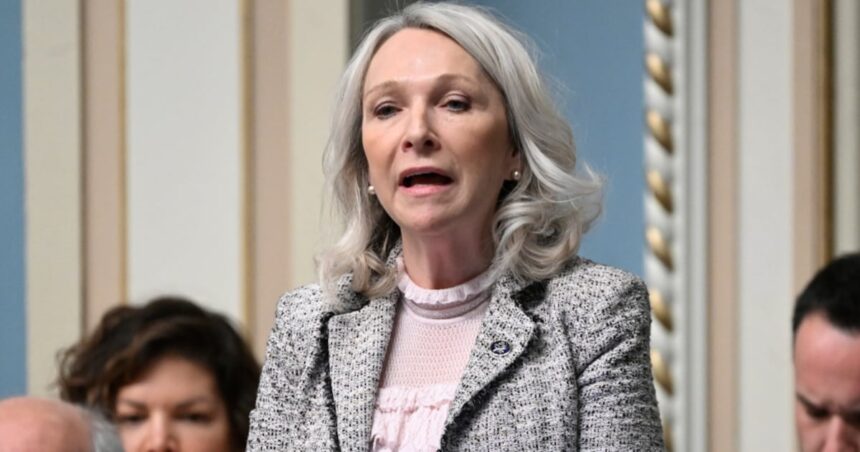I’ve spent the past week speaking with seniors across Montreal about the news that’s left many of them feeling uncertain about their futures. Quebec’s minister responsible for seniors, Sonia Bélanger, confirmed she’s considering canceling several housing projects for seniors due to budget constraints and construction cost overruns.
As Madeleine Tremblay, 78, told me over coffee at a Saint-Henri community center, “We keep hearing about homes for us, but then they take them away. Where are we supposed to go?” Her question echoes throughout Montreal’s aging communities as affordable housing becomes increasingly scarce.
Minister Bélanger, speaking to reporters last Thursday, acknowledged the difficult position her ministry faces. “We must be responsible with public funds while still meeting the growing needs of our senior population,” she said. The projects in question include several alternative housing developments designed specifically for semi-autonomous seniors – a critical housing option in our rapidly aging province.
According to data from the Institut de la statistique du Québec, seniors now represent nearly 20% of our population, with that figure expected to reach 25% by 2031. Yet affordable housing options haven’t kept pace with this demographic shift.
The tension between fiscal restraint and social needs has sparked criticism from opposition parties. Quebec Solidaire’s spokesperson on senior issues, Vincent Marissal, called the potential cancellations “a betrayal of our most vulnerable citizens.” In a phone interview yesterday, he told me, “These projects weren’t luxuries – they were essential infrastructure for dignified aging.”
The Montreal Council for Seniors’ Rights estimates that over 2,500 seniors are currently on waiting lists for affordable housing in the metropolitan area alone. Their director, Louise Champoux, expressed frustration about the situation. “Every canceled project represents real people who will continue living in unsuitable or unaffordable conditions,” she explained.
I visited one of the threatened projects in Rosemont last weekend – a 64-unit development that would have offered moderate-rent apartments with accessibility features and common spaces designed to combat isolation. Construction had already begun before being halted pending the ministry’s final decision.
What makes these potential cancellations particularly concerning is their timing. With Montreal experiencing both a housing crisis and rising construction costs, many seniors find themselves caught in an impossible situation. Private retirement homes have become increasingly expensive, with the Quebec Association of Retired Persons reporting average monthly costs exceeding $3,500 for basic accommodations.
The ministry’s decision will affect more than just housing availability. These projects typically include community spaces and social programming designed to address the isolation that affects approximately 30% of Montreal seniors, according to a recent public health survey.
Jean Lamoureux, a retired construction worker who volunteers with several seniors’ advocacy groups, didn’t mince words when I spoke with him. “The government finds money for highways and stadiums, but when it comes to housing for people who built this province, suddenly the coffers are empty,” he said, his voice rising with emotion.
Minister Bélanger has promised a final decision by the end of the month, following a complete review of project budgets and construction timelines. Her office indicated that priority would be given to projects that can demonstrate cost control measures and partnerships with private developers.
Some community organizations are exploring alternative funding models to save these projects. The Caisse d’économie solidaire has offered flexible financing options, while several borough councils, including Ville-Marie and Plateau-Mont-Royal, are considering municipal land contributions to reduce development costs.
For seniors like Madeleine Tremblay, these bureaucratic and financial deliberations feel disconnected from their daily reality. “I just want a safe place I can afford, with an elevator and neighbors I can talk to,” she told me. “Is that really too much to ask after working all my life?”
As Montreal continues to transform, with luxury condos rising







